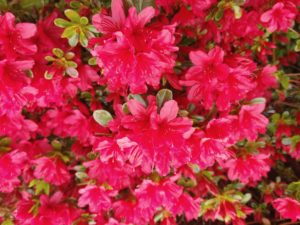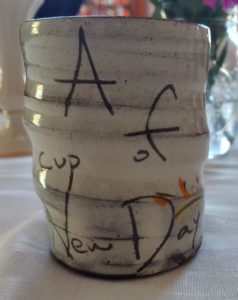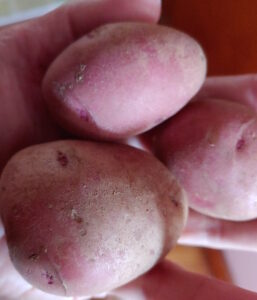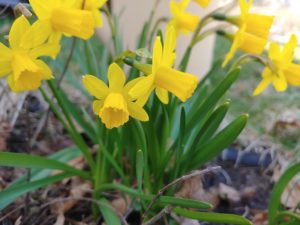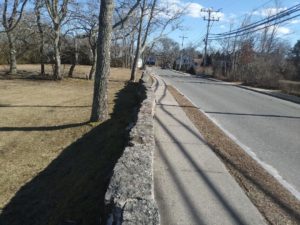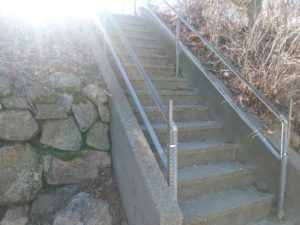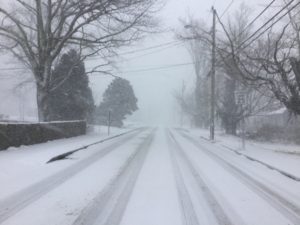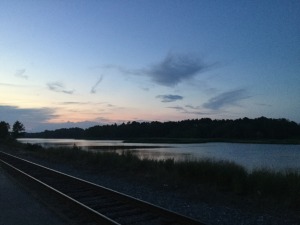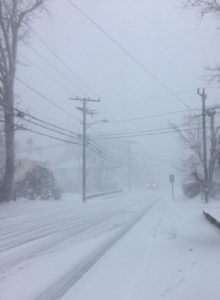Forsake: To renounce or turn away from entirely.
[Merriam Webster’s definition is succinct, but if you scroll down a bit, you’ll find an additional note under the synonyms and antonyms button: to leave without intent to return. This isn’t a vacation, a break, a let’s-leave-some-options-open kind of thing. This is a burn-the-bridges action, because there is no going back. www.merriam-webster.com]
Seek the Lord while he wills to be found;*
call upon him when he draws near.
Let the wicked forsake their ways*
and the evil ones their thoughts;
I don’t think of myself as wicked, or as an evil mastermind plotting the downfall of all that is good and holy. But I am quite blind to my own limitations, and whatever damage they do to neighbors far and near. I need an outsider’s perspective to shine a light on what I cannot and do not wish to see. Without such help, I cannot renounce or turn away from what is maiming my spirit and harming others. My small and fearful self doesn’t want to die, even when that death is necessary for a new self to be resurrected out of its ashes.
Giving this perspective, this help, is a prophet’s calling – and the reason so many prophets are killed. No one likes to die, even if the death of a small self offers a blessed, more expansive life. It’s far easier, perhaps, to kill the messenger than to admit to what is choking the life out of the spirit.
If I didn’t know in the deepest recesses of my soul that God was present, just a breath and a word away, would I have the courage to let go of even the least of my limitations?
God, give me strength to forsake what is killing me and harming others and give my neighbor a double portion of that strength. In Jesus’ name I pray, So Be It.
Seek the Lord while he wills to be found; call upon him when he draws near.
Let the wicked forsake their ways, and the evil ones their thoughts;
And let them turn to the Lord, and he will have compassion, and to our God, for he will richly pardon.
For my thoughts are not your thoughts, nor my ways your ways, says the Lord.
For as the heavens are higher than the earth, so are my ways higher than your ways, and my thoughts than your thoughts.
For as the rain and snow fall from the heavens, and return not again, but water the earth,
Bringing forth life and giving growth, seed for sowing and bread for eating,
So is my word that goes forth from my mouth; it will not return to me empty;
But it will accomplish that which I have purposed, and prosper in that for which I sent it.
Glory to the Father, and to the Son, and to the Holy Spirit: as it was in the beginning, is now, and will be forever. Amen. [The Second Song of Isaiah, BCP, p. 86-87]
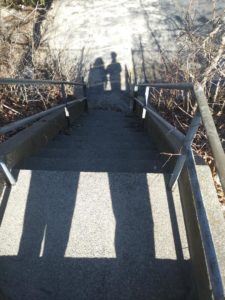 photo by Jared Fredrickson
photo by Jared Fredrickson

